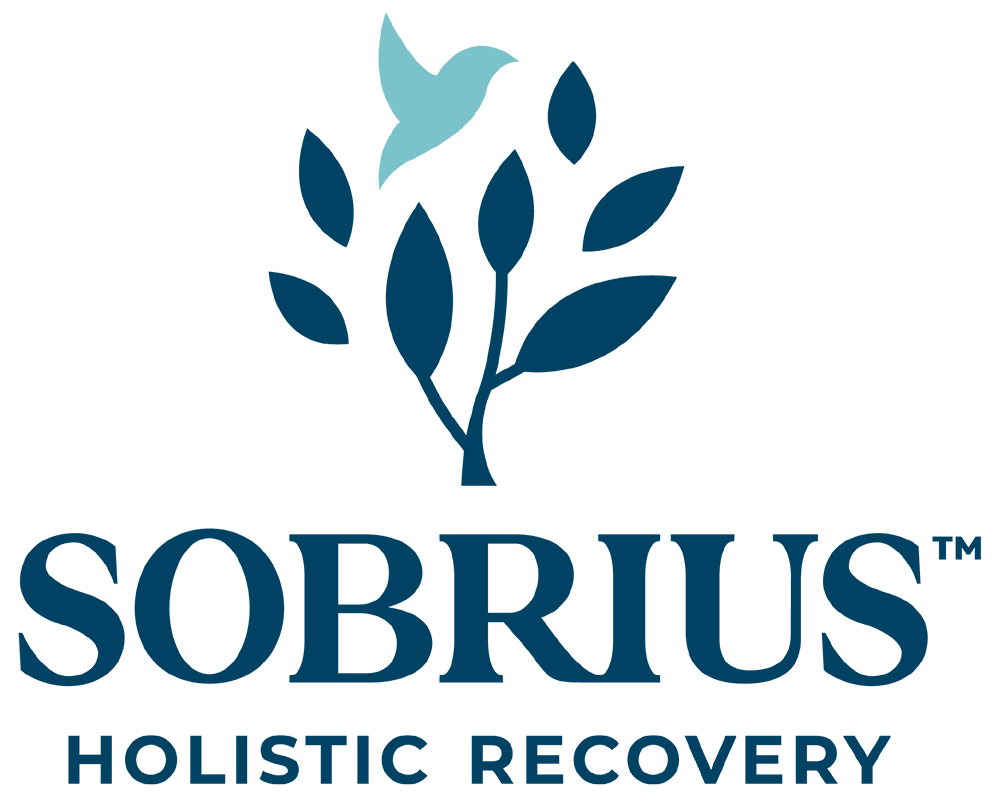For many families impacted by alcoholism, a pressing question often lingers in their minds: “Is alcohol addiction genetic?” If you’ve grown up in a household shaped by alcoholism or seen its effects ripple through your family, it’s natural to wonder if you or your loved ones are predisposed to similar struggles. Understanding both the genetic and environmental factors influencing addiction can provide clarity and hope for anyone concerned about their family history. Once this is understood, it becomes easier to seek out a VA alcohol treatment clinic like Sobrius for help.
The Role of Genetics in Alcohol Addiction
Scientific research shows that genetics account for 40–60% of a person’s risk of developing alcohol use disorder (AUD), highlighting the role of biological inheritance. If a close family member, like a parent or sibling, struggles with alcohol dependence, your risk may be higher than someone without a family history.
Studies on genes linked to AUD show how certain inherited traits influence drinking behaviors. For example, variations in dopamine-related genes can affect how people feel pleasure from alcohol, increasing the likelihood of excessive drinking. Differences in alcohol metabolism genes can impact tolerance, dependence risk, and vulnerability to health issues like liver disease.
However, having a family history of alcoholism doesn’t mean AUD is inevitable. The question, is alcohol addiction genetic, isn’t so clear cut. In fact, genetics are just one factor.
Epigenetics and the Influence of Environment
Modern research into epigenetics adds a new layer to the discussion on addiction. Epigenetics studies how environmental factors can change gene expression without altering DNA. These changes can result from life experiences, stress, trauma, or exposure to substances like alcohol.
For instance, a child in a home with parental alcoholism may face chronic stress or adverse events, triggering epigenetic changes that increase addiction risk. On the other hand, a supportive environment can counter these risks and build resilience.
This balance between inherited biology and environment is key. If your family has a history of alcoholism, consider how your upbringing or current circumstances influence your relationship with alcohol.
Family History and Behavioral Patterns
Family history isn’t just about genetics; it’s also about learned behaviors. Children of alcoholics may adopt harmful drinking habits simply because they grew up in environments where excessive alcohol consumption seemed normal or was used as a coping mechanism for stress and emotions. Additionally, families can pass down unspoken attitudes toward drinking, either encouraging or discouraging its use.
For children of alcoholics, being conscious of these learned patterns can help break cycles of unhealthy drinking. While genetic risks are outside of a person’s control, the choices you make as an individual offer a powerful means to steer yourself or your family on a healthier path.
Genetics Are Not Destiny
It’s important to emphasize that genetics alone do not determine who will develop alcoholism. Think of genetics as laying the groundwork, while environmental factors and personal behaviors complete the story. Just because alcoholism exists in your family does not mean you are doomed to struggle with it yourself. Many people with a strong genetic predisposition either never develop a dependency or manage to live sober lives through intentional effort and support.
Developing awareness about your personal risk factors, making mindful lifestyle choices, and seeking help when needed can make all the difference. Sobrius is here to help you take those proactive steps toward prevention and recovery.
Recovery is Possible, Regardless of Your Genetic Risk
If you’re worried about your own drinking or a loved one’s, recovery is possible. Sobrius creates personalized treatment plans that address the biological and environmental factors behind addiction.
Our evidence-based therapies, like cognitive-behavioral therapy (CBT), help clients challenge negative thought patterns driving substance use. Relapse prevention equips individuals with tools to manage triggers and build resilience. Our holistic programs also focus on overall well-being, addressing mind, body, and spirit in the healing process.
Frequently Asked Questions
Is addiction passed through genetics?
Genetics play a role in addiction but aren’t the only factor. Research shows genetic predisposition can increase the risk of addiction, but environmental factors like stress, peer pressure, and substance access are also key. While a family history may raise the risk, prevention and recovery are possible with the right support.
Is alcoholism a genetic disorder?
Alcoholism is a complex condition influenced by genetics and environment. Some genetic variations may increase the risk of alcohol dependence, but genetics alone aren’t the cause. Behavior, life experiences, and mental health also play a role, highlighting the need for holistic treatment that addresses these factors.
Is alcohol addiction generational?
Alcohol addiction can seem generational because families share both genetics and environment. When substance use is normalized, it can lead to repeated patterns. However, these cycles can be broken with the right education, resources, and treatment. Sobrius helps both individuals and families overcome generational addiction and create lasting change.
Get the Help You Need Today From Sobrius
Now you know the answer to the question, is alcohol addiction genetic? Understanding the links between family history, genetics, and alcohol addiction offers valuable insights that can empower you to make informed decisions. Whether you’re affected by a genetic predisposition, environmental influences, or both, your life is in your hands. With the right support and resources, you can break free from alcohol dependency and reclaim a healthy, fulfilling future.
If you’d like to explore treatment options for yourself or a loved one, Sobrius is here to help. Call us at 888.596.6514 or use our online contact form to begin your healing journey. Together, we’ll work toward lasting sobriety and wellness.

